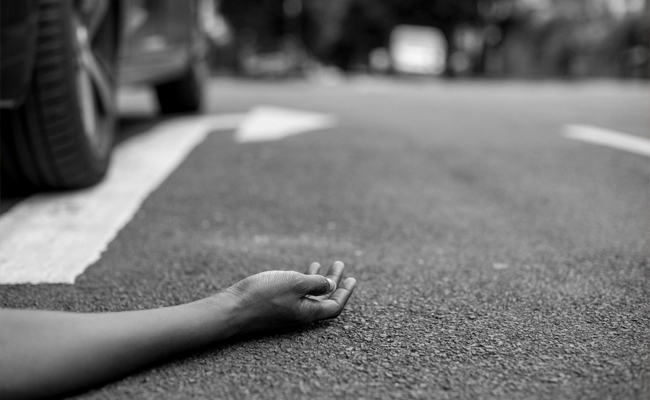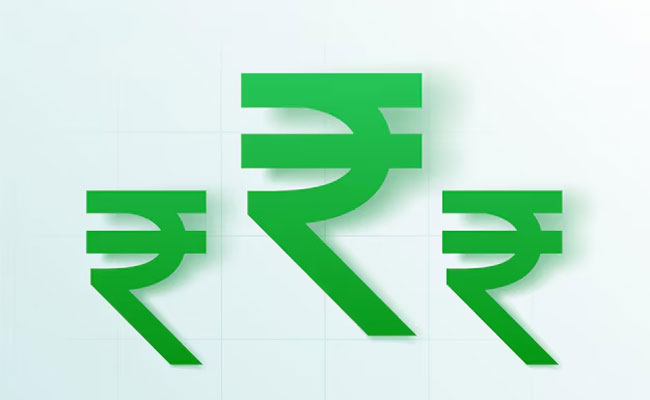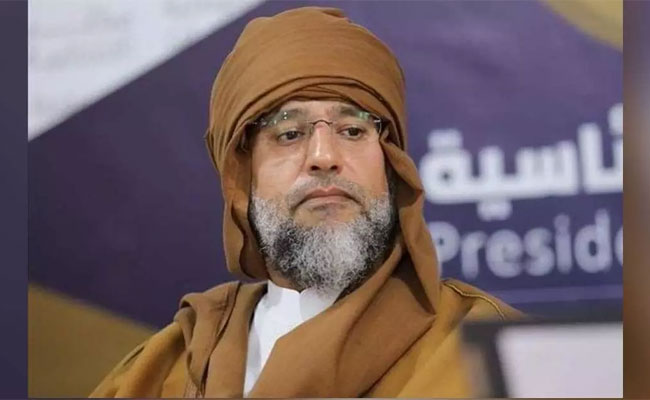New Delhi, July 13 : Jiva Ayurveda, which runs 80 clinics and hospitals across India, has come out with diagnostic protocols in a bid to get global recognition to the ancient Indian system of medicine. The protocols will be launched on Monday.
"The ayurveda industry has long been wanting a set of protocols to transform the age-old healing tradition into a data and evidence driven system of medicine for wider acceptance in the world," Jiva Ayurveda Director Madhusudan Chauhan told IANS.
Jiva Ayurveda, which created the protocols after analyses of consultation records of two lakh patients its doctors treated over the last decade, has concluded that the practice can be standardized but not treatment as it is personalized.
Unlike allopathy, ayurveda is fundamentally a personalized system of medicine. "Ayurveda is a far more evolved science. Same medicines for same symptoms do not work here. Personalized medicine based on genomics and the 'systems view' of human health is only now coming into fashion in allopathy, while ayurveda is built around these very concepts," he said.
Yet, ayurveda is not accepted as a medical science in many countries as the scientific community asks for data and evidence -- on what basis are the medicines given and how is their effect proven? Chauhan said ayurveda did not have this data and evidence.
Set up in 1992 with the head office in Faridabad, Jiva Ayurveda has more than 350 doctors and 400 healthcare professionals. It has been collating data since 2009 for the purpose of evolving protocols.
"Four years ago, Jiva began a huge data analytics project, reviewing the consultation records of two lakh patients by using artificial intelligence, machine learning and computer modelling. The protocols are now ready," he said.
The protocols and the decision support system built over them will actively help ayurveda practitioners through the entire process of consultation that incorporates patients answers. The system assigns weightage to various factors and arrives at an authoritative diagnosis.
It also suggests diagnostic clues that the doctor may have missed which may lead to a possible different line of treatment.
The protocols, which have been run successfully on 20,000 patients so far, will create a wealth of data that will be validated by domestic and international institutes and universities which will eventually go on to validate ayurveda as a legitimate science of treatment.
"It's a long battle but at least the protocols will open the gates. I believe it will take seven to eight years before ayurveda gets its due recognition. Ayurveda can be India's biggest contribution to the world in this century," said Chauhan.
Let the Truth be known. If you read VB and like VB, please be a VB Supporter and Help us deliver the Truth to one and all.
Ghaziabad (UP) (PTI): Three minor sisters died after allegedly jumping off the balcony of a ninth-floor flat in Ghaziabad early on Wednesday, police said.
Assistant Commissioner of Police (Shalimar Garden) Atul Kumar Singh said the police received information around 2.15 am about three girls jumping off the balcony of the ninth-floor apartment in a tower of Bharat City, located under the Teela Mor police station area.
On reaching the spot, the police found that the girls -- Nishika (16), Prachi (14) and Pakhi (12) -- daughters of Chetan Kumar, had fallen to the ground floor and suffered fatal injuries, the ACP said.
They were rushed by ambulance to a hospital in Loni, where doctors declared them dead on arrival, he added.
The police have initiated legal formalities and are investigating the circumstances leading to the incident, officials said.





